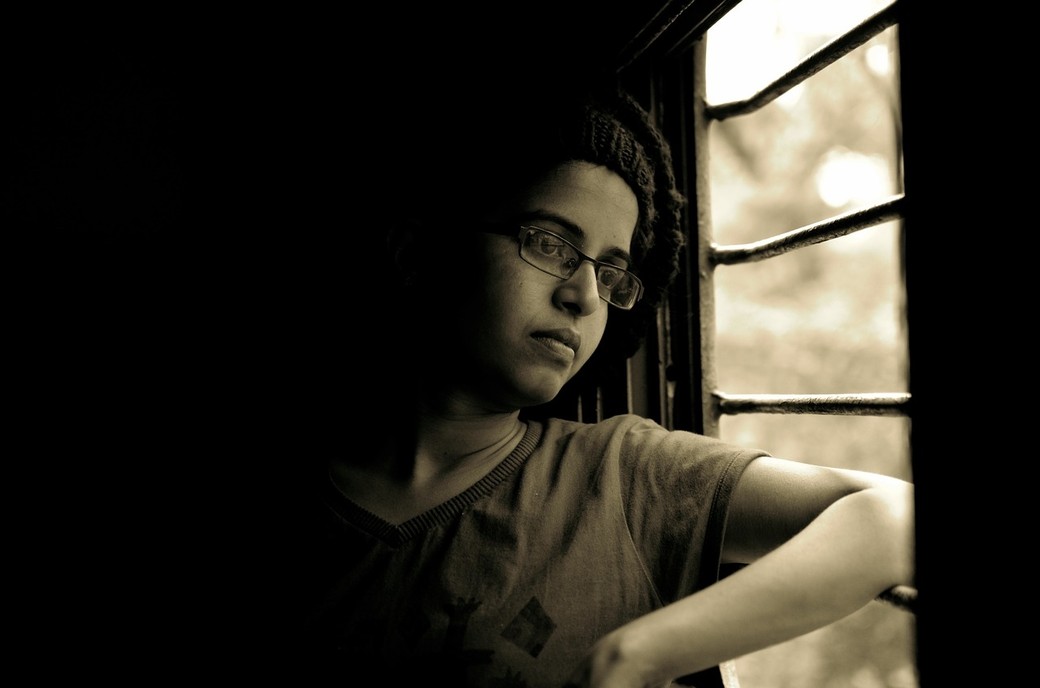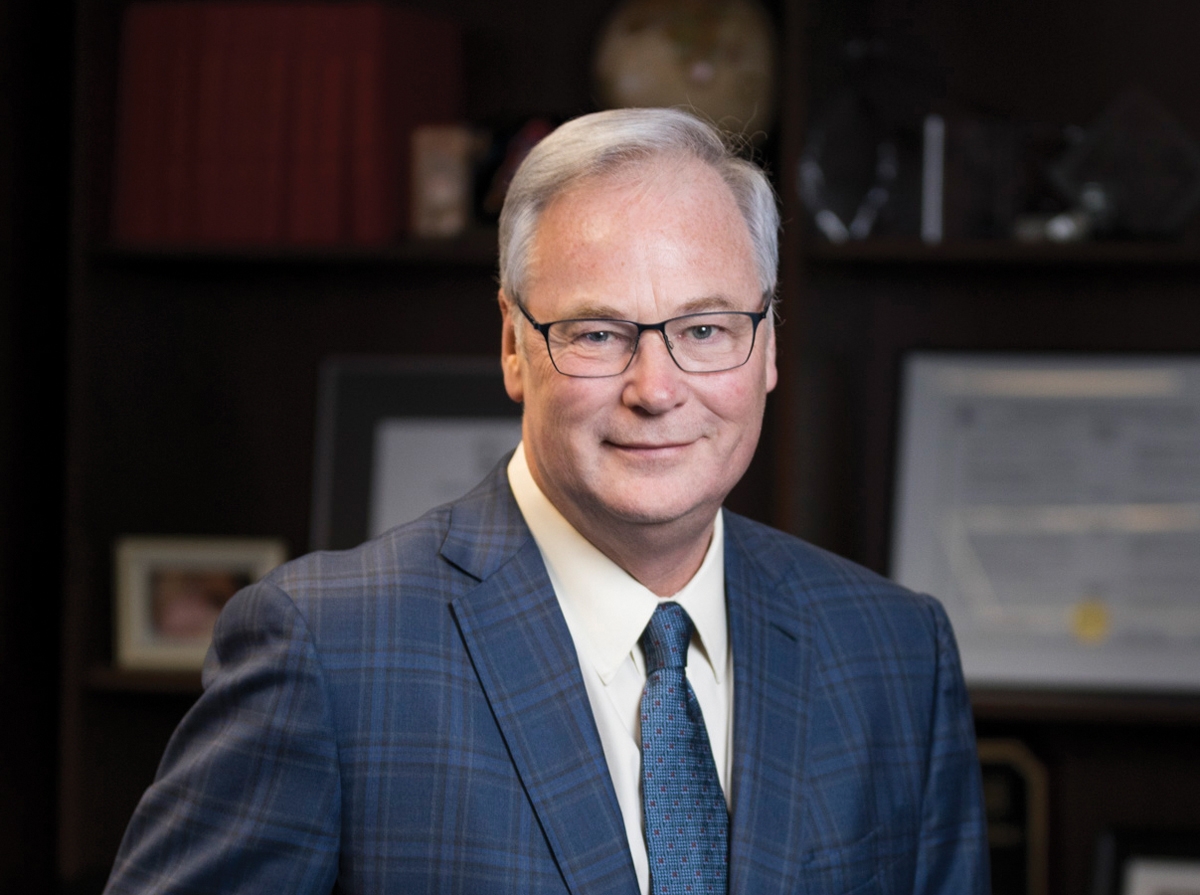
Eating Disorders and Men: a Silent Epidemic?
By Brooke Peloquin.
For Troy Roness, body image was something he struggled with for his whole life. The divorce of his parents and the pressure of perfection had a dangerous effect on the reflection he saw in the mirror.
When Roness was just 18, he began restricting food and compulsively exercising as a way to transform his body into the one he thought he’d always wanted.
But in 2009 when his obsession over the perfect body resulted in a life threatening eating disorder, Roness’s parents stepped in and contacted the Dr. Phil show for help.
“To me…I wasn’t sick enough and I could do it on my own,” said Roness, now 28 and a North Dakota advocate for health and social issues. “I don’t think men are brought up to talk about feelings. I think most of us are given instructions when we’re really young to pick yourself up, dust yourself off, push your feelings under the rug, you’re fine.”
Roness is just one of the 10 million American men who fall victim to an eating disorder in their lifetimes, but unlike some, Roness was able to get the help he needed to recover and finally feel comfortable in his own skin.
According to the American National Eating Disorders Association, up to 43 per cent of men are dissatisfied with their bodies. These men make up a third of the total population of people suffering from an eating disorder. And so the question is, why are men with eating disorders overlooked in society when they are such a large portion of the population of sufferers and could fill over 500 NHL sized hockey rinks?
Despite not knowing he would be the star of the show, Roness said his appearance on Dr. Phil “kind of pushed me into the direction of treatment.”
But treatment didn’t come without hesitation. “I thought that if I went for treatment people would question my sexuality,” said Roness.
Dr. Shari Mayman, a clinical psychologist at Anchor Psychological Services in Ottawa, said the dismissal of men with eating disorders is due in part to the stigma that eating disorders are “female” diseases.
“The numbers over time have indicated that women struggle with this more than men,” explained Mayman. “I do think that there is a perception of it being a female disorder and so there’s a reluctance to present as a man with a ‘girly’ problem.”
At the 2013 International Conference on Eating Disorders in Montreal, Leigh Cohn, a featured guest speaker, said the number of men suffering from an eating disorder is actually much higher than estimated, as men are often too stigmatized to seek treatment for “women’s problems.”
This stigmatization is not only based on the 10-to-one ratio of females to males suffering from eating disorders that Mayman referenced, but also on deeply rooted societal ideals that men have to be muscular.
As the traditional family breadwinners, men with eating disorders go unnoticed because they have always been expected to be strong and masculine, said Danielle Kinsey, a history professor at Carleton University.
“I thought that if I went for treatment people would question my sexuality,” — Troy Roness
“Having men refusing food doesn’t make sense in terms of mainstream cultural points,” said Kinsey. “It seems like a very strange role for them, which is probably why you don’t see men owning the disorder as much.”
Studies have shown the muscularity of ideal male body images in media has increased over the past several decades. And despite eating disorders being coined “female” diseases, according to Cohn, the media objectifies and sexualizes men just as much as women.
Media has traditionally told women they have to be a size zero to be beautiful, but the male ideal is just as unobtainable, asserted Nick Hrynyk, a Carleton PhD student studying Toronto gay male culture.
“For men it is often seen that there is one standard of beauty, it’s always the muscled body,” explained Hrynyk. “Men are not seen as being victims of eating disorders primarily because for so long the narrative has been women have to achieve the size zero, men aren’t.”
Meanwhile, for male sufferers who choose to seek treatment despite the preconception that eating disorders are a female disease, they are faced with a lack of resources dedicated specifically to men with eating disorders.
Lucyna Neville is all too familiar with the struggles men face when it comes to the gap in the medical system and how eating disorders are treated.
As co-founder and now board member of Hopewell, Ontario’s only eating disorder support centre, Neville worked front-of-the-line for years, giving support to people suffering from the disease.
When men walked through Hopewell’s doors or called the helpline, their questions always revolved around what male specific resources were available, said Neville.
But in a society where the face of eating disorders is a young female, Neville found that the resources for men just weren’t there during her time at Hopewell. “Personally, we had nothing to offer them,” she said.
A 2011 study on binge eating from the University of Wesleyan concluded both the number of studies that include men is far fewer and the number of men who receive treatment is well below the number of women who get treated.
Robin Green, of the National Eating Disorder Information Centre in Canada, said these numbers exist because there are fewer programs in place focused solely on men and medical practitioners still need help understanding the nature of the disease from a man’s standpoint.
As a result, men are often too intimidated to seek treatment and get help.
“I think there are two pieces,” said Green. “The stigma that’s preventing them from asking for help, then there’s the system that maybe isn’t fully equipped to support them.”
Luckily for Roness, he was able to find the help he needed despite a system that has often overlooked other men. After his appearance on Dr. Phil, Roness sought residential treatment at Rogers Memorial Hospital in Oconomowoc, Wis., in an eating disorder program dedicated solely to men.
Now fully recovered, Roness devotes his time to raising awareness about eating disorders. He said that if society is going to start recognizing men as victims of the disease, discussions on the issue have to start.
“It’s very easy to say the longer a person struggles with an eating disorder without getting any treatment, the longer the recovery’s going to be,” explained Roness. “It’s the same thing when we don’t talk about it, the longer it’s going to be on the recovery road back as well.”
 Brooke Peloquin is third year student at Carleton University pursuing a degree in journalism with a minor in art history. Originally from a small rural town, Ottawa has become Brooke’s new home and source for inspiration and news.
Brooke Peloquin is third year student at Carleton University pursuing a degree in journalism with a minor in art history. Originally from a small rural town, Ottawa has become Brooke’s new home and source for inspiration and news.












